An INFEMIT community conversation
Continuing the conversation begun at the Stott-Bediako Forum on Jesus and Empire: Christian Witness in the Context of Power, several members of the INFEMIT community met with Ruth Padilla DeBorst to ask questions about her research and experiences with communities attempting to live out alternative ways of engaging power. Ruth’s original presentation to the Forum is titled: “Confluence and Clash: Reformed and Anabaptist Positions Regarding Power within the Early Fraternidad Teológica Latinoamericana.” You can watch the presentation here.
Listen to the conversation with Ruth, or read the excerpt below.
Click to listen or find the episode on your preferred podcast platform here.
Conversation Excerpt
Question (René August, summarized): Talking about the Church, what do you think about about teaching and encouraging the Church to take a stand against violence? We put together a proposal for a campaign that said “Fund peace and not war,” simply asking the Church to look at the budget of your country and to ask your parliamentarians to spend at least the same amount of money on building peace as you do on making war and production of weapons. We were told that would never fly in the churches. I am just baffled by that kind of thinking.
So maybe just comment on how we engage with power. When I look at the life of Jesus, Jesus comes to empty himself of power, and then tells stories that disrupt the status quo in the form of parables. And so I wonder if there is a living parable that anyone is using, sharing as a counter-narrative?
Ruth: So much depends on our imaginary, right? On what we imagine to be right and good. And I find there’s a sense in which our globalized, capitalist mindset, this expectation that everything is built on competition, and there’s no space for everybody at the top. Because you have to keep climbing. And so the space becomes narrower and narrower and narrower. And so you have to push people out of the way in order to achieve. That’s the imaginary.
And so, I can’t think about power and alternative use of power, without engaging also with issues of economics and social concern. You can’t isolate it as an independent factor. It is so intertwined, because today money is power, also. And the market is driving decisions about the use of power. So, in order to have more, we have to have more weapons to defend that “more” and to achieve “more,” to secure more. And so there is this whole mentality of competition to the extreme.
And I guess what needs to happen is we need to nourish in one another, in our communities, in our church, in our contexts, an alternative imaginary of what life is really about, what it’s for, what it looks like, what it feels like, what it tastes like – and yes, the parables of the Kingdom of God that Jesus portrays, and Jesus’ life.
And that’s where, coming back to the topic of Anabaptist vs. Reformed, I think one of the contributions of the Anabaptist tradition is saying, “witness is costly.” Serious, consistent following of Jesus is not a walk in the park. It is a cross, and we need to be willing to take on that cross.
And that is so countercultural! Our whole culture is saying, “Do whatever you can to be relieved of stress. You need to guarantee security, comfort. Everything is about what you get for yourself.”
And here, Jesus says, “take up your cross.” What does that look like? A denial of self, but also a denial of these illusions of “more is better.” And so, I think there is a very intertwined connection between our socioeconomic imaginary and our use of power that we need to continue parsing out.
The views and opinions expressed in these interviews are those of the interviewee and do not necessarily reflect an official position of INFEMIT. We seek to foster reflection through conversation, and we ask you to be respectful and constructive in your comments.

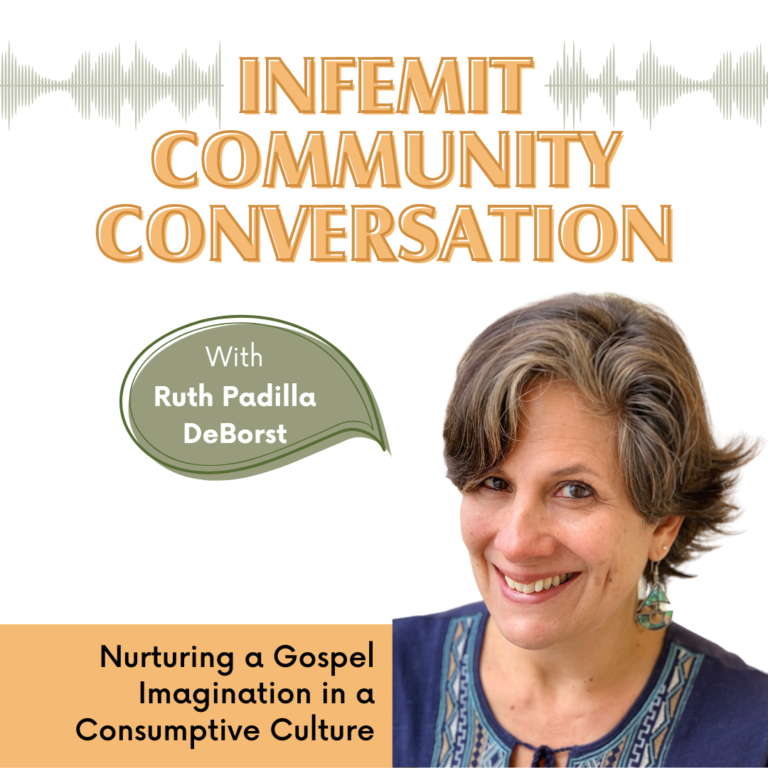
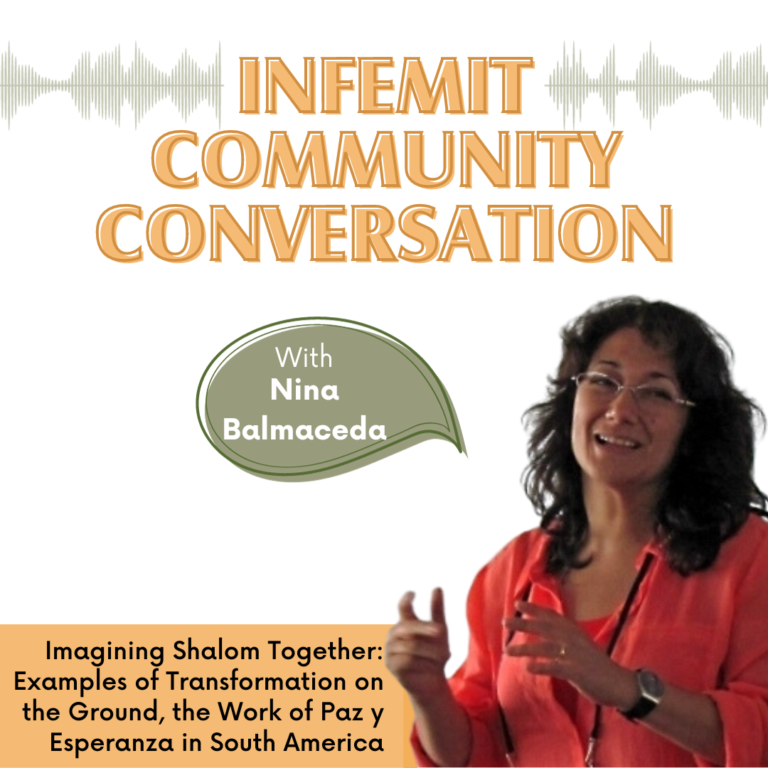
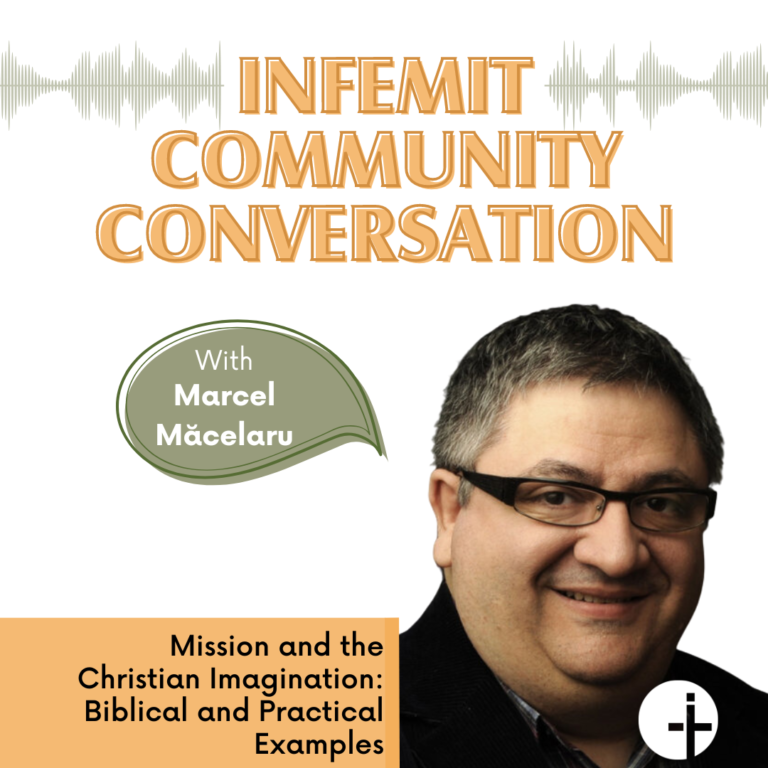
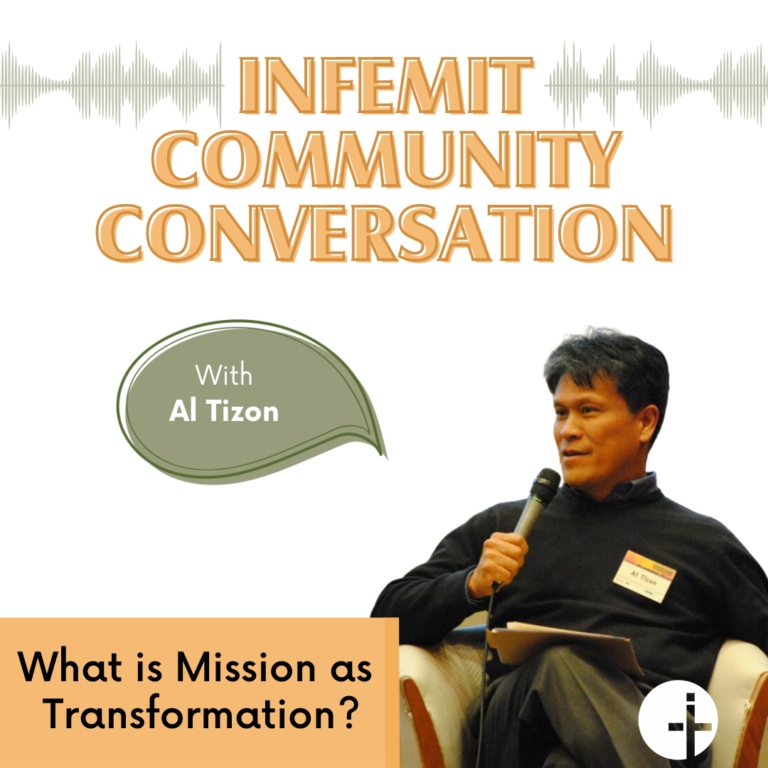
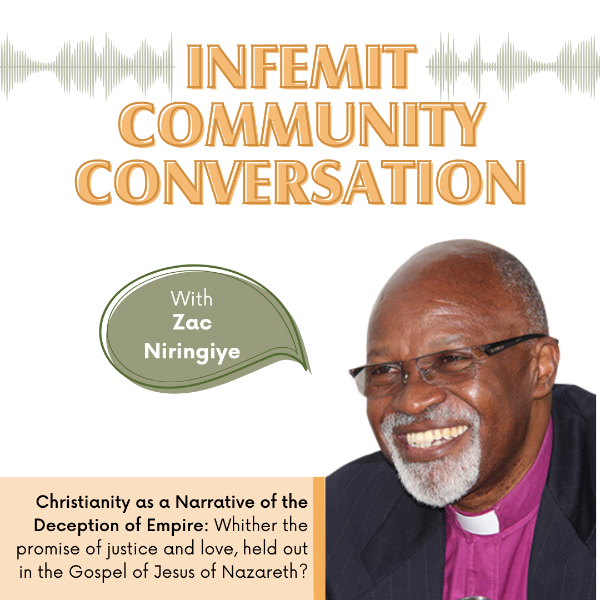
Leave a Reply